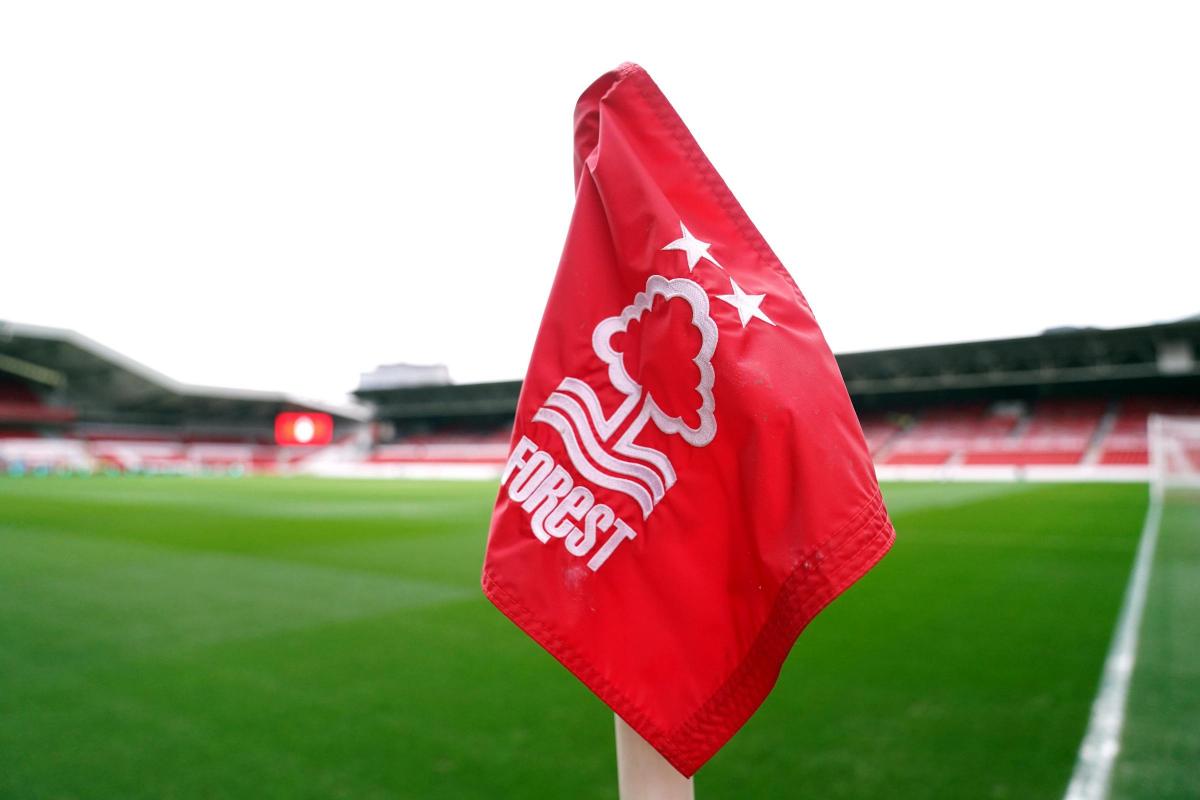The forthcoming season is a vitally important one for both Nottingham Forest and Newcastle United, but for differing reasons.
Nuno Espirito Santo’s side managed to escape relegation by the skin of their teeth last season, ending the campaign on 32 points and just one place above the bottom three.
In a sign of the direction that English football is heading, the three clubs that went down – Burnley, Luton Town and Sheffield United – were the three clubs that had come up 12 months previously.
Newcastle looking at Forest’s Antony Elanga
If Forest don’t want to become another ‘yo yo’ club, then they’ll need to significantly up their game in 2024/25, and they’ll be better placed to do that if they’e able to keep hold of such talents as Anthony Elanga.
Unfortunately, according to TeamTalk, Newcastle are targeting the star to replace the outgoing Miggy Almiron.

Although Elanga is still learning his craft and as such is a little ‘raw,’ his natural pace and eye for goal would make him an asset for the Magpies, particularly given that Eddie Howe likes to have his wide men on the front foot in games.
It isn’t clear at this point whether Forest would accede to any transfer though, given how hard Elanga has worked for them since his move from Man United.
At just 22 years of age, the Swedish international would surely be able to command a significant fee from interested parties, and that could be something to sway the Forest hierarchy given that they could invest the monies into other areas of the squad.
The last thing that anyone connected with the club is likely to want is another relegation battle during the 2024/25 season.
It remains to be seen whether Newcastle firm up any interest in the first instance, and if so, whether their offer is enough to tempt Forest into selling.



